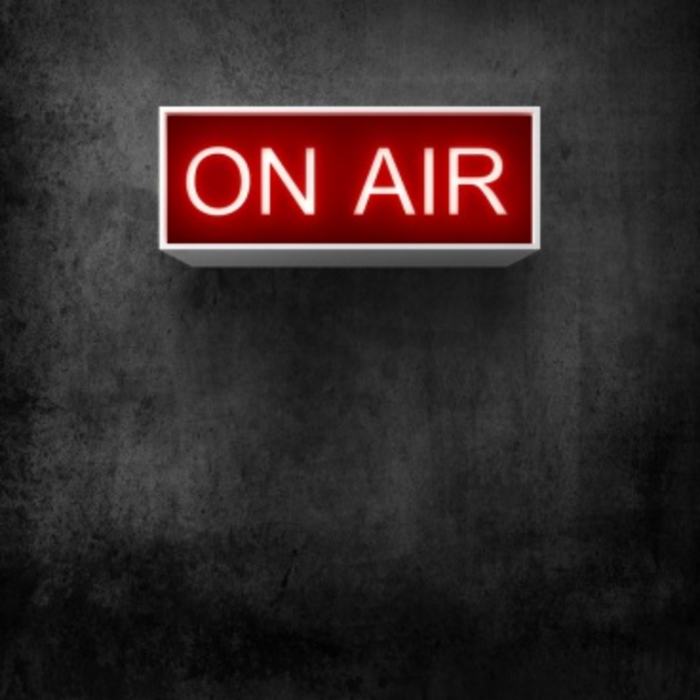Depending on how you look at it—and how emotionally attached you are to listening to AM/FM radio in your car with the window rolled down—mobile is the savior of radio. It’s also arguably one of the causes of its slow demise.
I probably shouldn’t admit this, since my job is related to digital strategy, but I just got my first smartphone last week. (An iPhone 4S, if anyone’s curious, because that model is literally being given away for free now that the 5s are out. I waltzed right into the Apple Store in the Meatpacking district and was, upon request, immediately handed a free 4S, with my choice of white or black. As I was being helped, I noticed a long line of grumpy, avaricious looking people snaking along the far wall. I commented to the manager helping me that they looked like patients waiting to see a doctor. He replied, ‘Oh, those guys are waiting to pick up their iPhone 5.’)
I enjoy radio. I grew up on radio, especially the old stuff which I listened to with my dad (Broadway Is My Beat, Jean Shepherd reruns, Joe Frank on WNYC). But in all honestly, I haven’t listened to radio consistently in years other than an hour here or an hour there, and often just one time a week.
But now that I have my newfangled smartphone, I’ve gone a little out of my mind downloading podcasts. And there’s some really great stuff out there; some truly excellent examples of evocative storytelling. Love + Radio‘s a new favorite.
I think I’m like a lot of people in their 20s and 30s—we don’t own radios but we like the idea of radio. And that’s where mobile comes in.
Mass media radio broadcaster Clear Channel, for one, is embracing the mobile revolution, rather than looking at it as a potential threat.
“The concern in our industry is people shifting from one screen to the next,” said Owen Grover, SVP of content partnerships at Clear Channel Entertainment Enterprises, speaking at a breakfast event hosted by Zoove in New York last week. “But to us, it’s essentially about making sure our product is convenient to our listeners.”
Clear Channel has a wide array of mobile offerings and apps, not the least of which is iHeartRadio, a free music service that provides access to about 1,500 live radio stations across the U.S. According to Clear Channel, the app reached roughly 20 million registered users in a little over a year, surpassing the growth rate of other well-known music app biggies like Pandora and Spotify.
“Part of our strategy is not just digital or mobile per se; we have brand strategy,” said Grover, who notes Clear Channel’s enhanced focus on the mobile environment this year versus last.
“This year it’s been about us being on as many screens as possible,” he said. “The learning for us is to make sure our product is in as many places as we can be, and to take advantage of the feature sets of each particular platform.”








